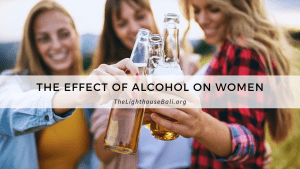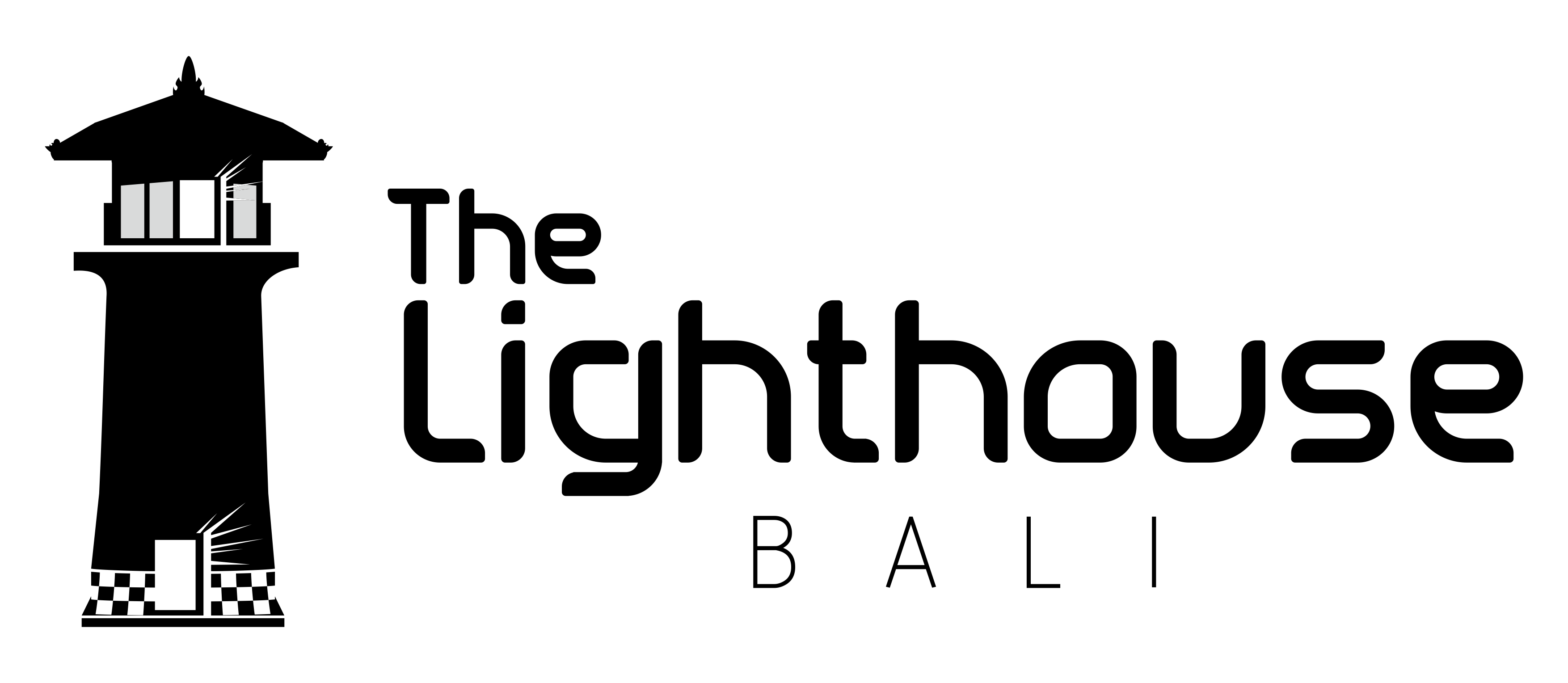
The abuse of prescription medication is a real and growing problem around the world. According to the National Institute on Drug Abuse / NIDA (The National Institute on Drug Abuse is a United States federal-government research institute), 48 million Americans – 1 out of every 5 people aged 12 years or older – will use a prescription drug for a nonmedical reason at some point in their lifetime.
This means that it is very probable that someone you know will struggle with a substance abuse problem manifesting as a prescription medication addiction. It may even be you.
If you are now asking yourself if you could start abusing your prescription medications unintentionally or if you could become addicted, unfortunately, the answer to both of these questions is “yes”.
“My main point is that just because the doctor prescribes it doesn’t necessarily mean it’s good for you. And just because you’re not abusing it doesn’t shield you from becoming addicted.”
~ Quote from Amber Dee, author of the book “Wreckage: Prescription Drug Addiction – Caught by Surprise”
Not all prescription medications are addictive and there are certainly some classes of prescription medications that are riskier than others, in terms of their potential for abuse and addiction. However, addiction to any prescription medication doesn’t happen overnight or after taking one pill – it is a progressive disease that can creep up and catch people unaware.
ADDICTION EXPLAINED
Changes within the brain: In addition to their prescribed purpose, drugs with a high potential for abuse and addiction act upon the reward pathways of the brain. The brain treats the ingestion of the drug – even when taken exactly as prescribed –as an activity necessary for life, such as eating or reproduction, and consequently, releases excessive amounts of dopamine, the chemical associated with pleasure.
Tolerance: This is when the body adapts to the presence of the prescription medication, and consequently, more and more of the drug must be taken in order to experience the same effects.
Dependence: Over time, the normal production of dopamine is disrupted, to the point where the person can only feel “normal” when the drug is in their system. They are unable to feel pleasure or even function without the drug.
Withdrawal: When the drug is discontinued or even delayed, a dependent person begins experiencing symptoms of withdrawal – unpleasant mental and physical sensations that begin mere hours after the last use and can last for days, weeks, or even months.
Withdrawal symptoms can range in severity from mildly uncomfortable to severely painful to possibly life-threatening, depending upon the substance. For some people, withdrawal symptoms can be the reason why they return to using. This is not a matter of choice or willpower – it is a chemical imbalance in the brain.
Drug-seeking behaviour: These are addictive behaviors that are characterized by compulsive actions performed in an attempt to obtain more of the drug – obtaining multiple prescriptions, “shopping” doctors to find one willing to write more or stronger prescriptions, forging prescriptions, stealing money or goods in order to pay for drugs etc.
Addiction: The biggest characteristic of active addiction is when a person is unable to discontinue the use/misuse/abuse of the substance, even in the face of negative consequences – relationship problems, difficulties at work, health issues, suffering finances, or legal entanglements. For example, a person who continues to drive while they are impaired, even after multiple arrests, is exhibiting signs of being addicted.
COMMONLY ABUSED PRESCRIPTION MEDICATIONS
The NIDA lists three classes of prescription medications as the most commonly abused:
- OPIOID PAINKILLERS
This class of drugs, which is largely derived from the opium poppy, is intended for short-term acute pain, individuals with cancer, or end-of-life patients. When they are incorrectly prescribed and taken for long-term chronic pain, the risk of dependence and addiction is magnified significantly.
Common opioid painkillers include:
*Medication name is given in bold, other brand names are given in (parenthesis).
- Oxycodone (Roxicet, Percodan, Percocet, and OxyContin)
- Hydrocodone (Lorcet, Lortab, Vicoprofen, and Vicodin)
- Morphine (Avinza and MS Contin)
- Methadone (Dolophine and Methadose)
- Fentanyl (Fentora, Onsolis, and Duragesic patches)
- Hydromorphone (Palladone and Dilaudid)
- Codeine – the most widely-used opiate in the world
- Meperidine (Demerol)
- Propoxyphene (Darvon and Darvocet)
- Pentazocine (Fortral, Sosegon, and Talwin)
- Butophanol (Stadol)
- Oxymorphone (Opana and Numorphan)
- Tramadol (Tramal, Ultracet, and Ultram)
- BENZODIAZEPINES
These are central nervous system depressants that are used to treat such conditions as insomnia, anxiety, panic disorder, seizures, and alcohol withdrawal. “Benzo” withdrawal can be severe, and should always be medically-supervised.
Common benzodiazepines include:
*Medication name is given in bold, other brand names are given in (parenthesis).
- Alprazolam (Xanax)
- Bentazepam (Thiadipona)
- Bromazepam (Lectopam, Rekotnil, Somalium, and others)
- Chlordiazepoxide (Librium)
- Diazepam (Valium)
- Lorazepam (Ativan)
- Oxazepam (Seresta)
- Temazepam (Restoril)
- Zolpidem (Ambien)
- STIMULANTS
This class of drugs is used to treat narcolepsy, attention deficit disorder (ADHD), and depression. It is often used illicitly, primarily by college students, as a means to improve cognition, memory, and focus – hence the street name “Study Buddy”.
Dextroamphetamine (see below) is an amphetamine and is also abused by those with eating disorders as it reduces appetite and increases calorie usage via agitation.
Common stimulants include:
*Medication name is given in bold, other brand names are given in (parenthesis)
- Dextroamphetamine (Adderall)
- Methylphenidate (Concerta, Ritalin)
HOW CAN I TELL IF I AM ADDICTED?
If you have to ask that question, there is already a good chance that you have a problem to some degree. Think about it… someone who is taking prescription medication as prescribed, would not generally be raising this query…
There are a number of questions that you should ask yourself to clarify your situation:
- Do you hide your prescription medication usage – taking it when you’re alone, for example?
- Do you lie about how much and how often you’re taking your medication?
- Have you unsuccessfully tried to stop using it?
- Do you have multiple prescriptions of the same drug?
- Have you lied to your doctor to get more or stronger medication?
- Are you having problems at home, work, or school because of your usage?
- Do you avoid people who are critical of your usage?
- Are you neglecting other responsibilities and obligations to find or buy your prescription medication?
- Do you ever take more of your prescription medication than you are supposed to or even mean to?
- Does the thought of running out make you feel uncomfortable?
- Do you take your medication in order to cope with emotional pain or stress?
- Do you find yourself spending an inordinate amount of time thinking about your next dosage?
- Has anyone ever confronted you about your prescription medication use?
- Have you ever been arrested because of prescription drugs?
- Have you ever overdosed?
- Do you feel guilty or ashamed about your prescription medication use?
If you have answered “YES” to any of these questions, it may indicate the need to talk to a professional to see if further intervention is appropriate. Contact us for an honest and open conversation about your current situation and if you need to take next steps.
Inpatient Care and Rehab
The Lighthouse Bali’s proven combination of an initial Primary Inpatient Program* followed by Outpatient Care and Ongoing Therapy has helped alcoholics and addicts from around the world get their lives back on track. Through individually tailored treatment, professional therapy, and compassionate support, you will be given the tools you need to ensure the best possible chances of a long term recovery.
Concerns about detox often prevent people from seeking the help that they need. That’s why, at The Lighthouse Bali all treatment programs include a medical detox for those who require it. A medical detox is the safest and most comfortable way to detox from drugs and alcohol.
If you are worried about yourself or a loved one who is using prescription medication , we urge you to reach out and contact us in confidence. Our private programs are tailormade to suit individual needs and our doctorate level clinical staff have extensive experience in the field of addiction. If you are not currently in Bali but would like to begin a recovery program immediately, we are able to arrange entry visas for Bali on your behalf.
To talk to one of our team members, contact us on WhatsApp (+62 858-5731-3512) or by phone on the same number. Alternatively, send us an email and we will either answer your questions in writing or call you back, according to your preference – contact us.
We understand how difficult it can be to reach out for help but it’s the first step towards recovery and a happier, healthier way of living.
*1 The duration of Primary Inpatient Programs and Outpatient Care varies according to individual circumstances. Both Inpatient and Outpatient treatment is based around monthly (28 day) increments. As a general guideline we recommend between one to three months Primary Inpatient Programs, followed by one to two months Outpatient Care in Bali, and up to six months of ongoing therapy (by Zoom or Skype from home). The longer you stay in rehab, the better your chances of staying clean and sober when you return home.
Learn More

CREA 2023 Awards
The esteemed CREA Award is proudly presented to Dr. Julia A. Andre by the Brainz Magazine Selection Committee, acknowledging her remarkable contributions to the field of trauma therapy and mental health…

Women and the Stigma of Addiction
Why is the stigma of addiction so much stronger against women than men? Read more here…

Effects of Alcohol on the Female Body
Drinking alcohol is common in men and women but did you know that the effects of alcohol differ between genders?




